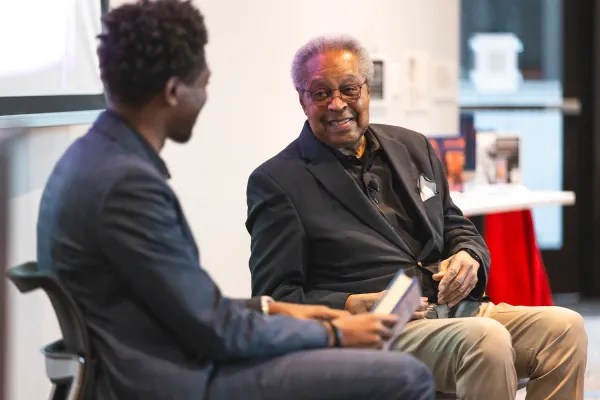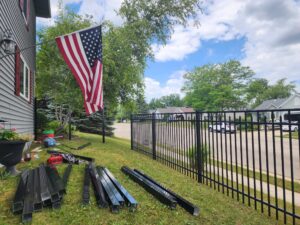
K1 Visa Attorney: Expert Legal Guidance for Your Fiancé Visa Process
Navigating the complexities of obtaining a K-1 Fiancé(e) Visa can be challenging without the right expertise. When a U.S. citizen wishes to bring their foreign fiancé to the United States, it’s crucial to ensure that all legal requirements are met efficiently. A K-1 Visa Attorney can provide invaluable assistance in making this process as seamless as possible.
We understand that the legal intricacies involved in securing a Fiancé Visa can be overwhelming. That’s why our focus is on making sure you have the right guidance every step of the way to avoid unnecessary delays and complications. Our expertise helps ensure that your application accurately reflects your circumstances, increasing the likelihood of approval.
By working closely with a dedicated K-1 Visa Attorney, you can navigate the maze of paperwork and legal stipulations with confidence. This focused approach not only saves time but also provides peace of mind knowing that your path to becoming a permanent resident is being handled with professional care. learn more about k1 visa attorney
Understanding the K-1 Visa Process
The K-1 Visa allows a U.S. citizen to bring their foreign national fiancé(e) to the United States. This visa type involves several steps that include meeting specific eligibility criteria, preparing necessary petitions, and navigating the application process.
Eligibility and Requirements for a K-1 Visa
To qualify for a K-1 Visa, several key eligibility criteria must be met. The petitioner must be a U.S. citizen and must have physically met their fiancé(e) within the past two years unless a waiver applies. Both parties must be legally free to marry, meaning any previous marriages must have ended through divorce, annulment, or death.
Required Documentation:
- Birth certificates
- Divorce decrees (if applicable)
- Valid passports
Financial Requirements: Evidence of financial support, such as an affidavit of support, is also crucial to ensure the fiancé(e) will not require public assistance.
Preparing the Petition and Documentation
Preparation starts with submitting Form I-129F, Petition for Alien Fiancé(e), to the United States Citizenship and Immigration Services (USCIS). This form must be filled out accurately and accompanied by supporting documentation to verify the legitimacy of the relationship.
Supporting Documents:
- Proof of U.S. citizenship for the petitioner (birth certificate, passport)
- Evidence of meeting in person within the last two years (photos, travel receipts)
- Statements of intent to marry within 90 days of the fiancé(e)’s arrival
The preparation phase also involves double-checking all forms and documentation to avoid delays or denials.
The Application Process
Once USCIS approves the petition, it is forwarded to the National Visa Center (NVC) and then to the appropriate U.S. Embassy or Consulate. The fiancé(e) will need to complete Form DS-160, Nonimmigrant Visa Application, and schedule a medical examination and a visa interview.
Steps in the Process:
- Complete Form DS-160 online
- Schedule and complete a medical exam
- Gather necessary documents (police certificates, financial proof)
- Attend the visa interview
During the interview, the consular officer will review the documentation and ask questions to verify the relationship. If approved, the K-1 Visa will be issued, allowing the fiancé(e) to travel to the U.S. for marriage.
Post-Arrival and Adjustment of Status
Once the K-1 visa is approved, various steps must be followed to comply with legal requirements and to adjust the status to become a permanent resident.
After the K-1 Visa Approval
Upon arriving in the U.S., the K-1 visa holder must marry the U.S. citizen sponsor within 90 days. The I-94 form, provided at Customs, should be safeguarded as it serves as proof of lawful entry.
Post-marriage, the next significant step is filing Form I-485 to adjust status to a Legal Permanent Resident (LPR). A medical exam may be required, unless a recent one has been completed. Additionally, submitting Form I-765 can allow the K-1 visa holder to apply for employment authorization.
It’s essential to consult an immigration lawyer for assistance in ensuring all paperwork is correctly completed and submitted.
Legal Considerations and Challenges
Key legal considerations include proving the bona fide nature of the marriage to avoid complications. In some cases, a co-sponsor may be required to file Form I-134 to prove financial ability, ensuring the immigrant will not become a public charge.
If a request for evidence (RFE) or denial is received, an appeal might be necessary. This can be particularly challenging, and legal assistance from a K-1 Visa lawyer is highly recommended to navigate these hurdles.
Be aware of potential issues such as extreme hardship or misrepresentation, as these can severely impact the application. If children are involved, specific processes must be followed for their status adjustment as well. Ensure thorough documentation to support the case and consult professionals when needed.




